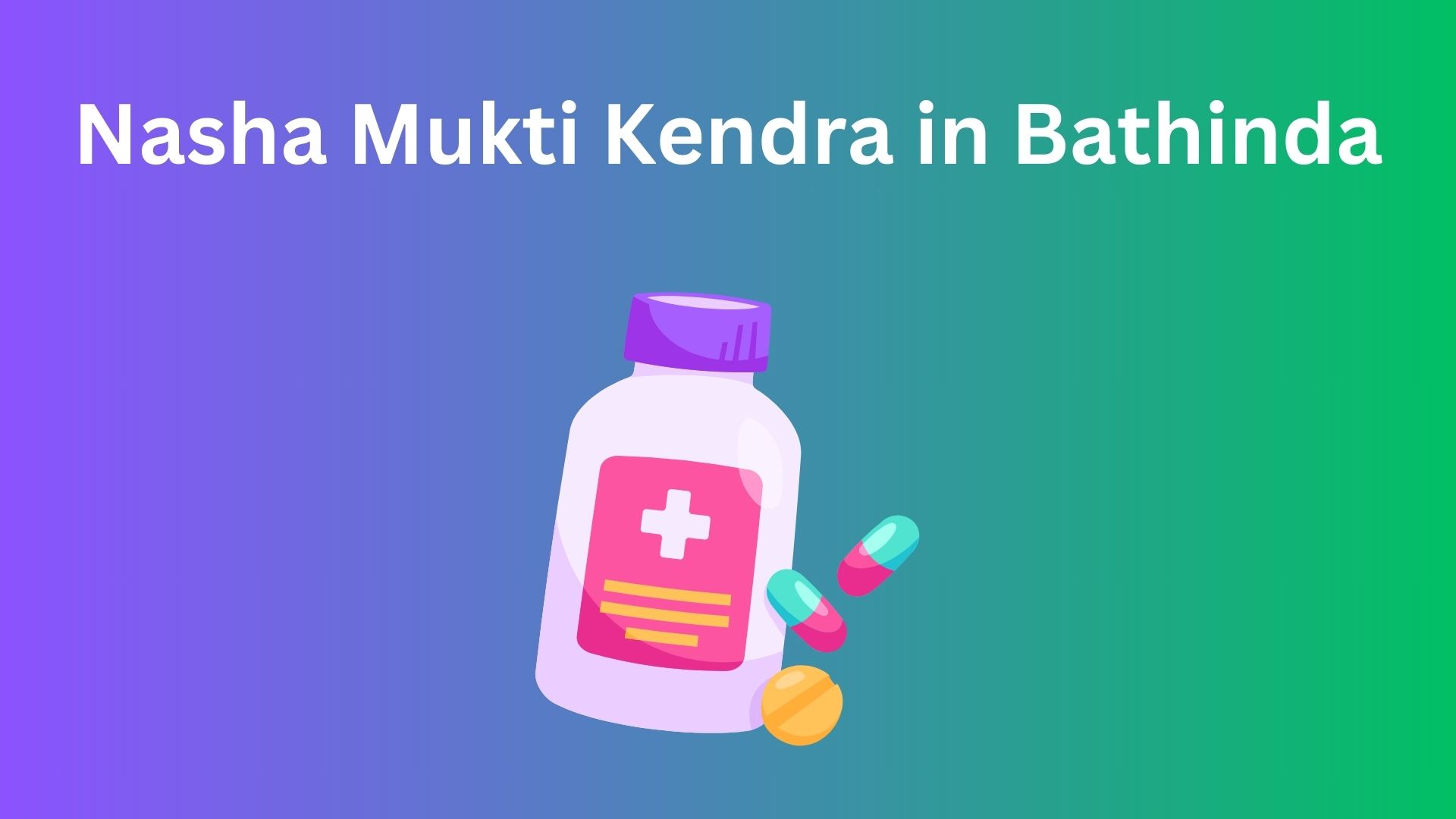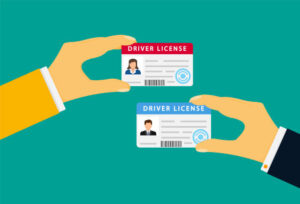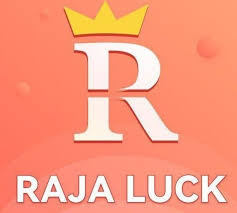What Are Common Misconceptions About Drug Addiction?
Drug addiction is a topic shrouded in myths and misunderstandings. These misconceptions can perpetuate stigma, deter individuals from seeking help, and create barriers to effective treatment. Clarifying the truth behind these myths is essential for fostering a more informed and compassionate perspective on addiction.
1. Addiction Is a Choice
One of the most pervasive myths about drug addiction is that it is a simple choice and a result of weak willpower. While the initial decision to use drugs may be voluntary, addiction is a complex disease that alters brain chemistry and function. Over time, the ability to choose becomes impaired as the brain becomes dependent on the substance to function normally. Recognizing addiction as a medical condition rather than a moral failing is crucial to reducing stigma and encouraging those affected to seek help at facilities like Nasha Mukti Kendra in Bathinda.
2. Addicts Can Quit Anytime They Want
Many people believe that someone struggling with addiction can quit using drugs whenever they decide to do so. In reality, addiction is characterized by compulsive drug seeking and use, even in the face of severe consequences. The changes in the brain’s reward system make quitting extremely challenging without proper treatment and support. Detoxification, counseling, and comprehensive treatment plans are often needed to help individuals overcome addiction.
3. Addiction Only Affects Certain Types of People
There is a widespread belief that drug addiction only affects specific demographics, such as those with low socioeconomic status or people living in urban areas. However, addiction does not discriminate—it impacts individuals of all backgrounds, ages, and income levels. Wealthy professionals, teenagers in suburban neighborhoods, and older adults can all struggle with addiction. Acknowledging this fact helps dispel the myth that addiction is limited to a certain “type” of person and underscores the importance of accessible treatment options like Nasha Mukti Kendra in Bathinda.
4. Rehabilitation Always Results in a Cure
Some assume that once a person completes a rehabilitation program, they are permanently “cured” of their addiction. However, addiction is a chronic disease, and relapses can occur. Recovery is an ongoing process that often requires continuous effort and support. Relapse does not mean that treatment has failed; it is an indication that adjustments to the treatment plan are needed. Long-term recovery often involves aftercare programs, support groups, and lifestyle changes to help maintain sobriety.
5. Medication-Assisted Treatment (MAT) Just Replaces One Addiction with Another
Medication-assisted treatment (MAT) is a valuable part of many recovery programs. It involves the use of medications like methadone, buprenorphine, or naltrexone to help manage withdrawal symptoms and reduce cravings. A common misconception is that MAT substitutes one addiction for another. However, these medications are carefully prescribed and monitored to support recovery without inducing the “high” associated with drug abuse. MAT is backed by research as an effective approach to sustain recovery and prevent relapse, showing that treatment should be individualized for optimal success.
6. Addicts Lack Morals or Ethics
This myth perpetuates negative stereotypes and makes it difficult for individuals to seek help without feeling judged. The truth is that addiction can happen to anyone, even those who are kind, responsible, and morally upstanding. Addiction is not a reflection of a person’s character but rather a medical condition that needs treatment. Compassion and understanding are essential for helping people on their path to recovery at trusted facilities like Nasha Mukti Kendra in Bathinda.
7. You Can Spot an Addict by Their Appearance
Movies and media often depict addicts in an exaggerated way, leading to the belief that they all look a certain way—disheveled, withdrawn, or unwell. While some people may show physical signs of drug use, others may not show visible indications at all. Addiction can be hidden behind a person’s appearance, and many individuals continue their everyday lives while struggling in silence.
8. Relapse Means Failure
Another harmful misconception is that relapse signifies failure, either of the individual or their treatment plan. In reality, addiction recovery is a journey with potential setbacks. Relapse rates for substance use disorders are comparable to those of other chronic diseases like diabetes or hypertension. It’s crucial to view relapse as a learning opportunity and a chance to modify the treatment approach. This perspective encourages continued commitment to recovery and highlights the importance of support systems like Nasha Mukti Kendra in Bathinda.
9. Only Drugs Cause Addiction
Addiction isn’t limited to drugs; behaviors such as gambling, excessive internet use, and shopping can also become addictive due to their impact on the brain’s reward system. These behavioral addictions share similarities with substance addiction, illustrating that the root causes often lie in psychological and neurological processes rather than just the substances themselves.
10. Treatment Isn’t Effective
A common misconception is that drug addiction treatment doesn’t work. However, evidence-based treatment programs, which may include behavioral therapy, group counseling, and MAT, have helped millions of individuals achieve long-term sobriety. Success depends on personalized approaches and the individual’s commitment to recovery. Facilities like Nasha Mukti Kendra in Bathinda offer a range of treatment options tailored to different needs, emphasizing that effective recovery is possible.
By debunking these misconceptions, we can foster a more supportive and empathetic understanding of drug addiction, encouraging those in need to reach out for help and embrace the path to recovery.












Post Comment